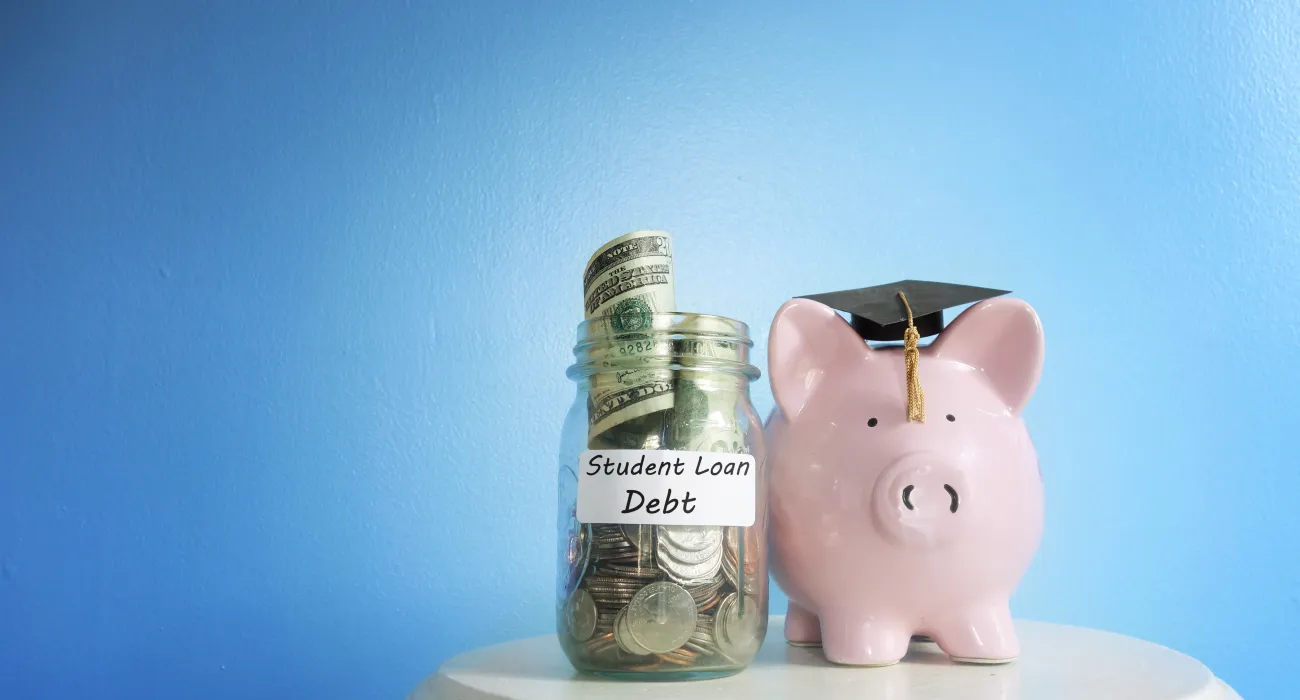What You Should Know About Student Loan Forbearance
Joe Biden's first week in office was filled with a flurry of
Executive Orders, one of which was to direct the Department of Education to
extend student loan forbearance until September 30, 2021. Other changes, such
as cancelling of some student debt, are also on the table and could be passed
later this year. With all of the changes amidst the ongoing Covid-19 pandemic,
you might be wondering what that means for you and whether you should continue
to pay on your loans or not.
Will I Continue to Be Charged Interest On My Loans?
No, you will not see any interest accrued until September
30, 2021. Any balance owed will be carried forward until September 30, and you
will not be penalized for delaying payments until then.
Should I Continue to Pay On My Loans While Suspended?
While this will be determined by your individual
circumstances, it may be a wise idea to put away what you were paying on your
loans into an emergency savings fund. It is recommended that most people have
3-6 months living expenses in order to cover any unexpected costs. If you have
less than that, or have failed to save anything at all, it might be a great
time to put away some cash while your budget allows.
Why Should I Pay My Loans If The Government Will Cancel Them?
While several ideas have been floated in Congress, it
appears that the Biden administration supports cancelling $10,000 of federal
student debt for every borrower. This would include direct subsidized and
direct unsubsidized federal student loans, but would not count towards any
private loans. While we cannot predict what legislation may be passed, it's a
good idea to check what kind and how much debt that you have before making any
decisions about how to proceed.
How Else Can I Pay Down My Loans?
If you live in a state that offers tax deductions for 529
plans, it may not be too late to open a 529 education savings plan for
yourself. The SECURE Act of 2019 allows for a lifetime maximum of $10,000 per
person to be used from a 529 plan to pay down student loan debt. Contributions
may be tax deductible depending on your state's laws, and any growth is tax
free if used for education. Also, if you have any funds remaining after paying
down $10,000 of your own debt, you can change the beneficiary to a qualifying
family member such as a child.
While we cannot guarantee that more government relief is on
the way, now is a good time to make sure you understand how much and what type
of loans that you have so you can determine how the potential changes would
impact your personal finances. If you still have questions, now may be the
perfect time to reach out to a financial professional to determine the best
approach to eliminating your debt and freeing up more of your hard-earned cash.
If you would like to receive more information on making smart money moves for your future, be sure to contact us today!





